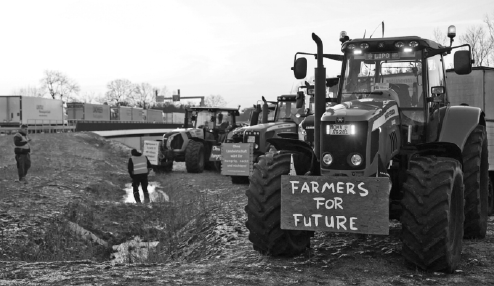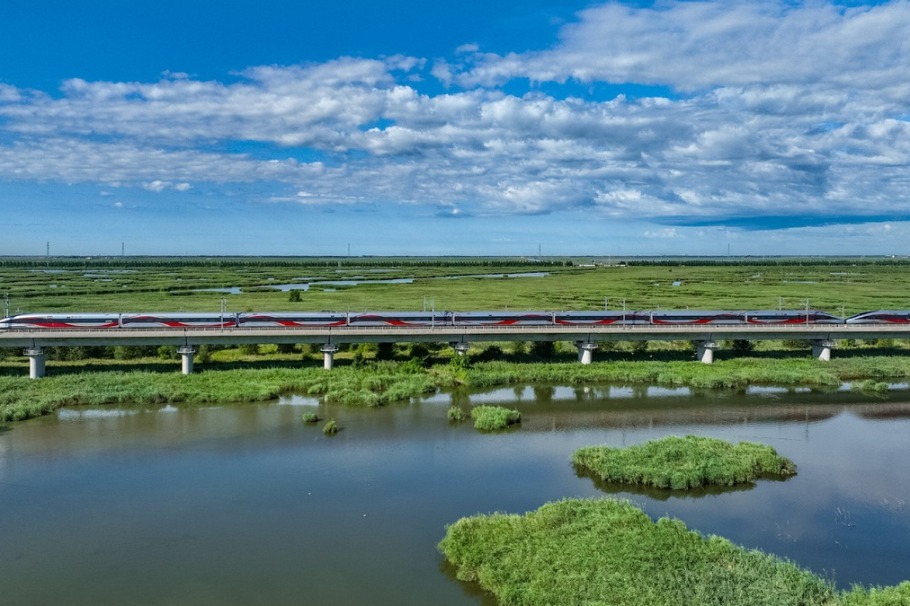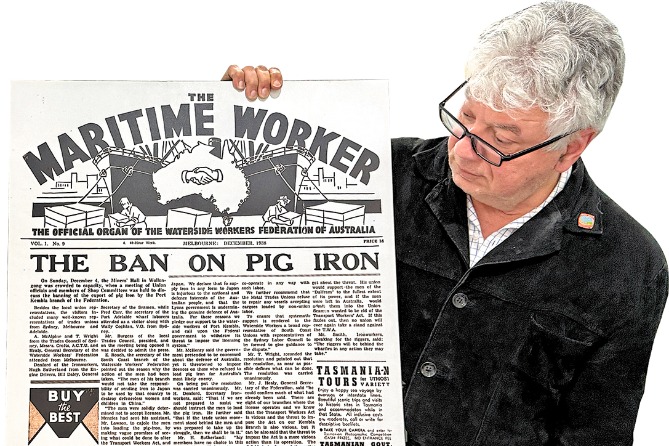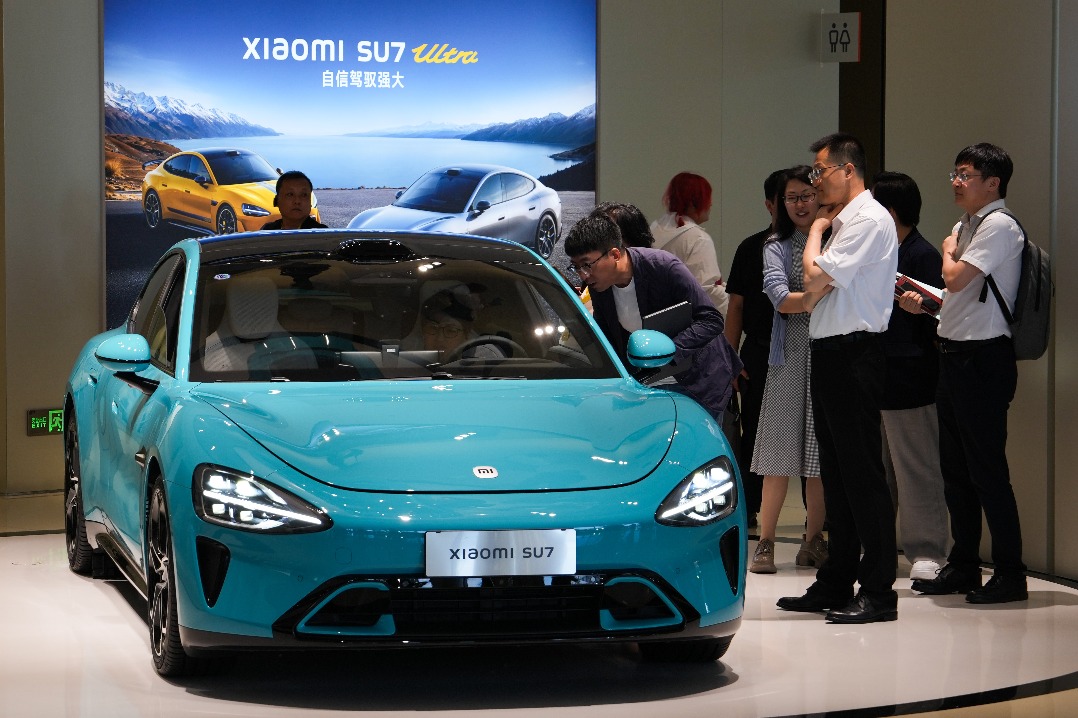Concerns grow over farmers' protest in Germany

Concern is growing in Germany that the right-wing Alternative for Deutschland party, or AfD, will use the country's biggest agricultural sector protest in years to stir up discontent and anger toward the ruling coalition government.
Last week, police used pepper spray to break up a blockade of around 100 farmers who prevented Economy Minister Robert Habeck from getting off a ferry on his return from holidays, an incident that Habeck said made him "thoughtful, yes, even concerned, that the mood in the country is heating up to such an extent".
Despite a partial government U-turn over the key issues of cutting diesel subsidies and tax breaks on farming vehicles, an eight-day protest started on Monday.
Images showed convoys of tractors and trucks, some adorned with protest banners, on German roads in sub-zero pre-dawn temperatures. Police reports said that roads and highway ramps were blocked in multiple locations, causing traffic jams during the morning rush hour.
A backlash from farmers last week prompted Chancellor Olaf Scholz's coalition, racing to finalize a 2024 budget draft that was delayed by a court ruling, to make unexpected changes, including modifying plans to cut subsidies for agriculture.
Rather than abruptly ending the farmers' tax break on agricultural diesel, the subsidy will be reduced by 40 percent this year, by 30 percent in 2025, and will end in 2026.
The Guardian reported that in some parts of the country, gallows were seen with traffic lights on, symbolizing the colors of the parties in the governing coalition — red for the Social Democrats, yellow for the liberal Free Democrats, and the Green Party.
On social media, the AfD has spoken of workers being "driven into ruin by an irresponsible political leadership like in the Middle Ages", and called on people to join a "general strike".
In December, Reuters reported that support for the AfD had reached a record high of 23 percent, following the government's difficult passing of its 2024 budget. There is concern that more economic problems could push voters toward the AfD ahead of key local elections in Brandenburg, Saxony and Thuringia later this year.
The blockade of Habeck's journey has been heavily criticized, including by the head of Germany's farming union, Joachim Rukwied, who said personal attacks, insults, threats, coercion or violence "are quite simply not on".
But AfD leader Alice Weidel said the incident showed that Habeck "is no longer taken seriously by the citizens … and instead of seeking dialogue, he'd rather flee on a ferry".
The east of Germany has proven to be fertile ground for the AfD.
In June, the party won its first election for the head of a district council in the southeastern town of Sonneberg.
In July, it won its first mayoral election in Raguhn-Jessnitz in the state of Saxony-Anhalt, and in December, it won its first bigger town mayoral vote in Pirna near the Czech border.
So far, the mainstream parties have operated a so-called firewall of noncooperation with the AfD, but with recent polls showing that it has higher levels of support than them, that approach may become increasingly politically impractical.
Germany's next federal elections are not due until 2025 but a survey published by Bild Zeitung in mid-December showed 59 percent of people want elections in 2024.
Agencies contributed to this story.

Today's Top News
- Vast gap has to be bridged for peace to arrive in Europe
- AI powering China's industrial evolution
- Tech innovation propels nation's industrial future
- Chengdu World Games concludes amid wide acclaim
- Trump, Putin say Alaska meeting 'constructive'
- China, India to start new round of consultations





























